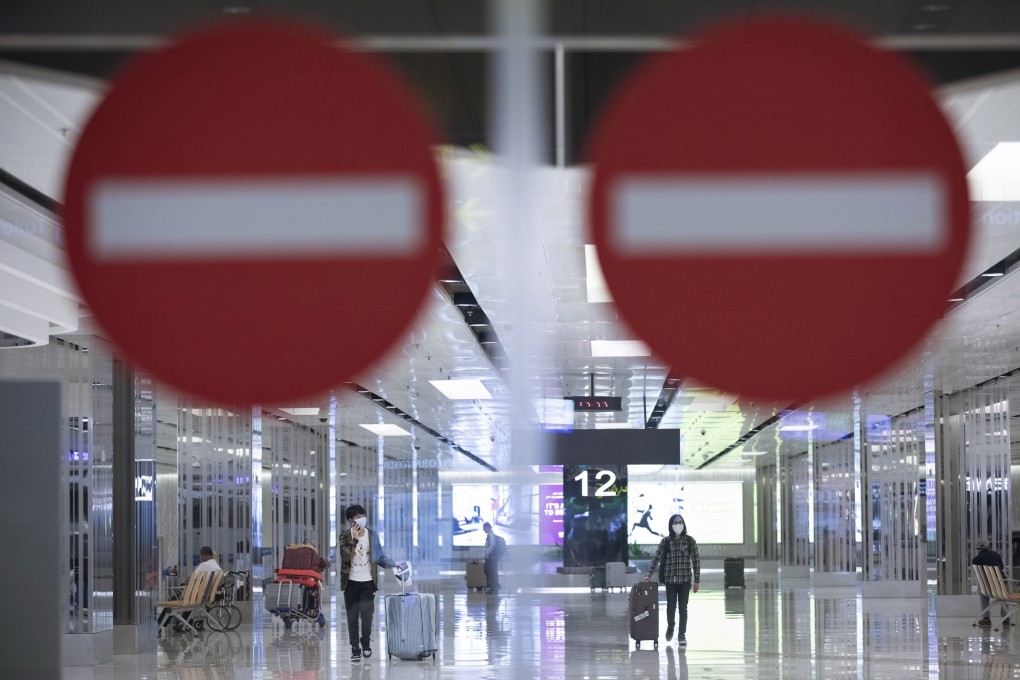Coronavirus: Singapore’s tourist ban aims to curb imported infections, ease health care pressure
- The move to ban all short-term visitors entering or transiting the city state includes tightened travel restrictions on work pass holders and dependents
- It comes as Singapore has registered a spike in imported infections and after it reported its first two deaths from the pandemic on Saturday

Effective Tuesday, all short-term visitors will be banned from entering or transiting the city state, the government announced on Sunday, with travel restrictions also tightened for work pass holders and their dependents, with only those providing essential services, such as in health care and transport, allowed to enter.
“These are very significant moves especially for a small, open economy like Singapore that has always been connected to the world,” said National Development Minister Lawrence Wong, who co-chairs a multi-ministerial task force that deals with the virus.
“This is an unprecedented crisis and so we deliberated over this carefully and the task force has decided we need to put in place these measures in order to keep our borders safe to limit the number of new imported cases.”
